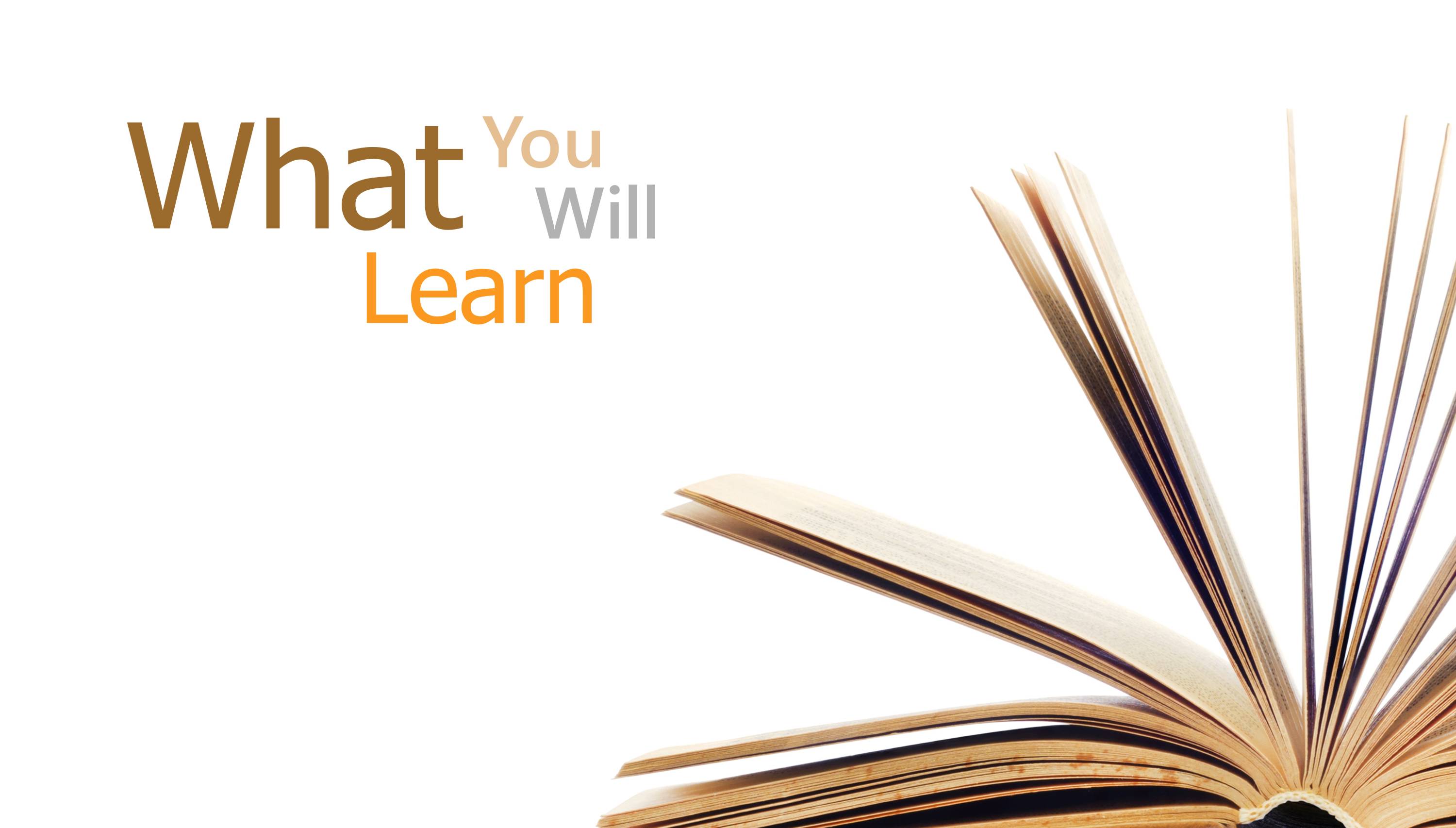
Writing Proposals That Win
Spending hours crafting a business proposal, only for it to be ignored, can be discouraging. When your ideas lack clarity, your readers may lose interest and move on. A proposal is more than a document; it’s an opportunity to capture attention, build interest, and motivate action. Yet, many proposals are overlooked, not for lack of strong ideas, but for failing to engage or persuade.
Organizations depend on proposals to secure funding, attract clients, and fuel growth. Poorly written proposals lead to missed opportunities, lost revenue, and stalled projects. A well-crafted proposal instills confidence, maintains attention, and compels decision-makers to act. But what makes a proposal truly stand out? The key is persuasion.
A persuasive proposal can mean the difference between a missed opportunity and a successful outcome. Yet, writing a compelling proposal isn’t just about having a good idea; it’s about structuring it to capture attention and drive action. Imagine having the clarity and structure to write proposals that leave no doubts. Picture yourself creating proposals with clear goals, solving your readers’ problems, and making them excited about your solutions.
In this workshop, you will learn how to strengthen your persuasive writing skills to create proposals that stand out and get results. Through practical tips and interactive exercises, you will develop the skills and confidence to see immediate improvements in your proposal writing. By the end of the workshop, you will be able to write well-structured, persuasive proposals that increase your chances of success. Turn your next proposal into a powerful tool that opens doors and moves your ideas forward!

- Apply persuasive techniques to help your reader see the value of your proposal.
- Highlight benefits and provide strong reasons for approval.
- Identify the audience’s needs and tailor proposals to offer the best solutions.
- Outline objectives, resources, timelines, and expected outcomes to demonstrate feasibility.
- Structure proposals logically to improve clarity and impact.
- Use persuasive language and tone to engage readers.
- Anticipate and address potential objections to strengthen your proposals.

This workshop is for professionals who write business proposals and want to improve how they engage and persuade decision-makers. Whether you aim to secure funding, win new clients, or move projects forward, this session offers practical tools to make your proposals more compelling and effective.
You should attend if you
- Spend a lot of time writing proposals but don’t always get the results you’re hoping for
- Struggle to clearly highlight the value or benefits of your ideas
- Want to feel more confident using persuasive writing techniques to influence your readers
- Need to tailor proposals to different audiences and anticipate their questions or objections
- Are looking to improve the structure, tone, and clarity of your proposals
- Work in roles related to business development, fundraising, consulting, program management, or client services
By attending this workshop, you’ll learn how to write proposals that focus on your reader, hold attention, and lead to clearer decisions. You’ll be better equipped to share your ideas in a way that builds support and increases your chances of success.

This workshop uses real proposals, planning tools, and writing exercises to help you refine how you approach proposal writing. You’ll work through each stage of the writing process with time to test ideas and revise as you go. You’ll move between individual writing tasks, small-group discussions, and guided reflection to explore how your choices affect clarity and impact. Feedback and comparison exercises help you see what works and where your message can be strengthened.
You’ll also receive a workbook with planning templates, editing tools, and samples to support your writing after the session.
Workshop activities include
- Discussing real proposal challenges in small groups
- Planning content using mapping and outlining tools
- Comparing different approaches to clarity and persuasion
- Editing for sentence and paragraph editing
- Exploring tone, structure, and emphasis through guided exercises
- Creating a personal action plan
- Completing a proof-of-learning assignment




